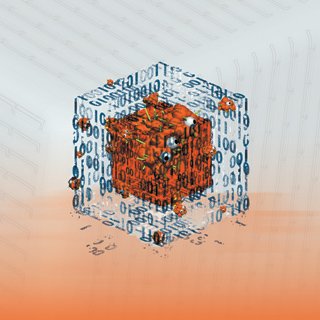Chapter 47. How Viruses Work
| The Internet, just like the rest of the world, is not a perfectly safe place to visit. If you download files from the Internet, there is a chancea very small chance, but nonetheless a chancethat your computer could become infected with a virus. Viruses are malicious programs that invade your computer. They can cause many different kinds of damage, such as deleting data files, erasing programs, or destroying everything they find on your hard disk. Not every virus causes damage; some simply flash annoying messages. Although you can get a virus from the Internet by downloading files to your computer, the Internet is not the only place where viruses can be picked up. If you've sent files via email or on your company's internal network, you can get viruses that way as well. Instances have occurred when commercially bought, shrink-wrapped software has contained viruses. The term virus is a somewhat generic term applied to a wide variety of programs. Viruses are written for specific kinds of computers, such as PCs or Macintoshes, because the files they infect run only on one kind of computer. Traditional viruses attach themselves to programs or data files, infect your computer, replicate themselves on your hard disk, and then damage your data, hard disk, or files. Viruses usually attack four parts of your computer: its executable program files; its file-directory system that tracks the location of all your computer's files (and without which your computer won't work); its boot and system areas that are needed to start your computer; and its data files. At one time it was believed that data files could not be infected by viruses, but that is not the caseviruses have been written that infect data files too. For example, some viruses attach themselves to Microsoft Word macros and are launched whenever a particular macro is run. Trojan horses are files or programs that disguise themselves as normal, helpful programs or files, but in fact are viruses. For example, if a program purported to be a financial calculator, but really deleted every file on your hard disk, that program would be called a Trojan horse. Worms are programs designed to infect networks such as the Internet. They travel from networked computer to networked computer and replicate themselves along the way. The most infamous worm of all was released on November 2, 1988, the Robert Morris Internet Worm. The worm copied itself to many Internet host computers and eventually brought the Internet to its knees. A more recent worm, Melissa, was disguised as a Word document sent via emailand it wreaked enough havoc that it crashed many Internet and corporate mail servers by making use of the Outlook and Outlook Express email programs. The best way to protect your computer against viruses is to use antiviral software. There are several kinds of antiviral software. A scanner checks to see whether your computer has any files that have been infected; whereas an eradication program will wipe the virus from your hard disk. Sometimes eradication programs can kill the virus without having to delete the infected program or data file, while other times those infected files must be deleted. Still other programs, sometimes called inoculators, do not allow a program to be run if it contains a virus and stop your computer from being infected. Malicious email programs can sometimes be stopped by disabling a built-in capability to run scripts in email software. Many antiviral programs build in all these capabilities, as a way of offering you the fullest protection. |
EAN: 2147483647
Pages: 223
